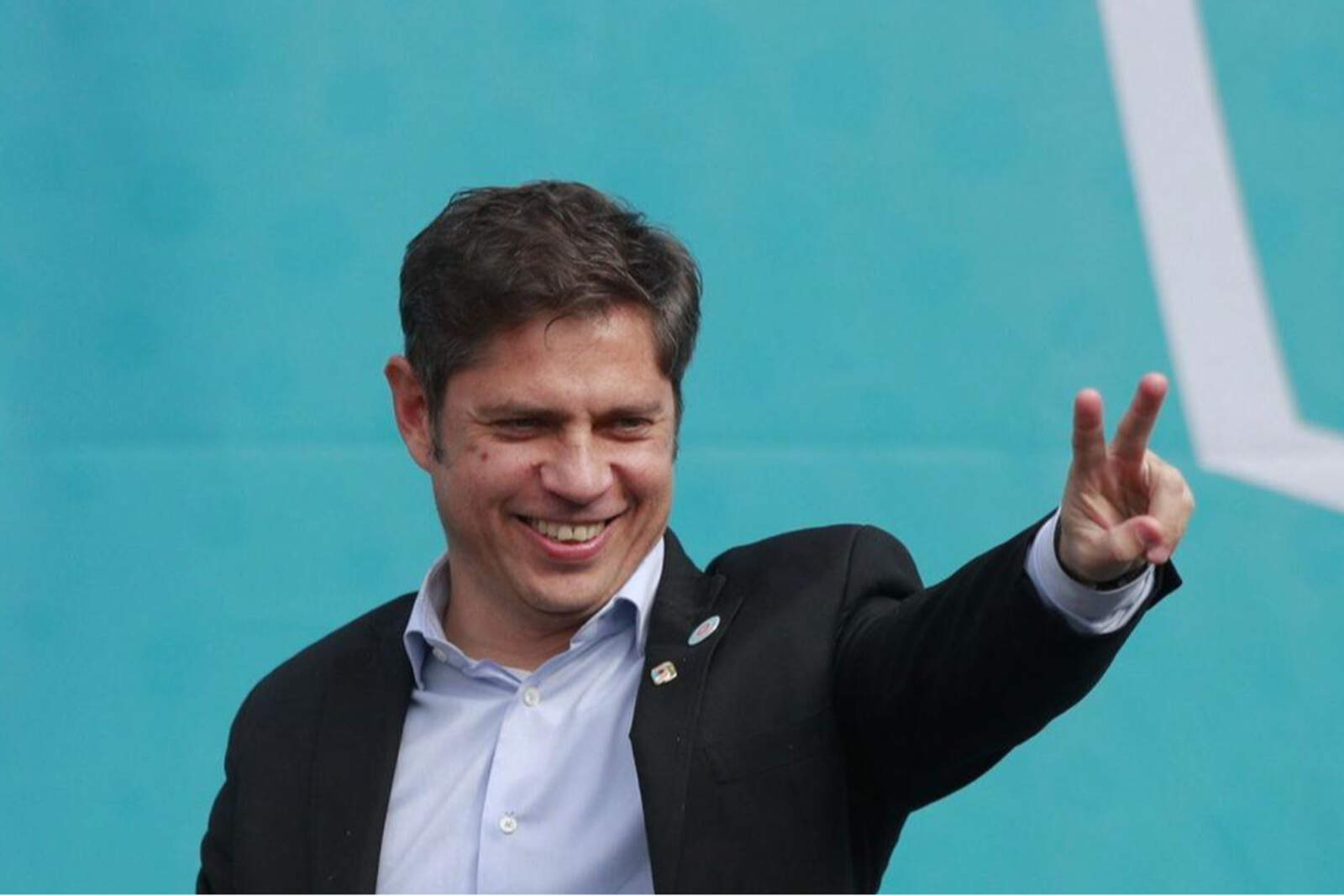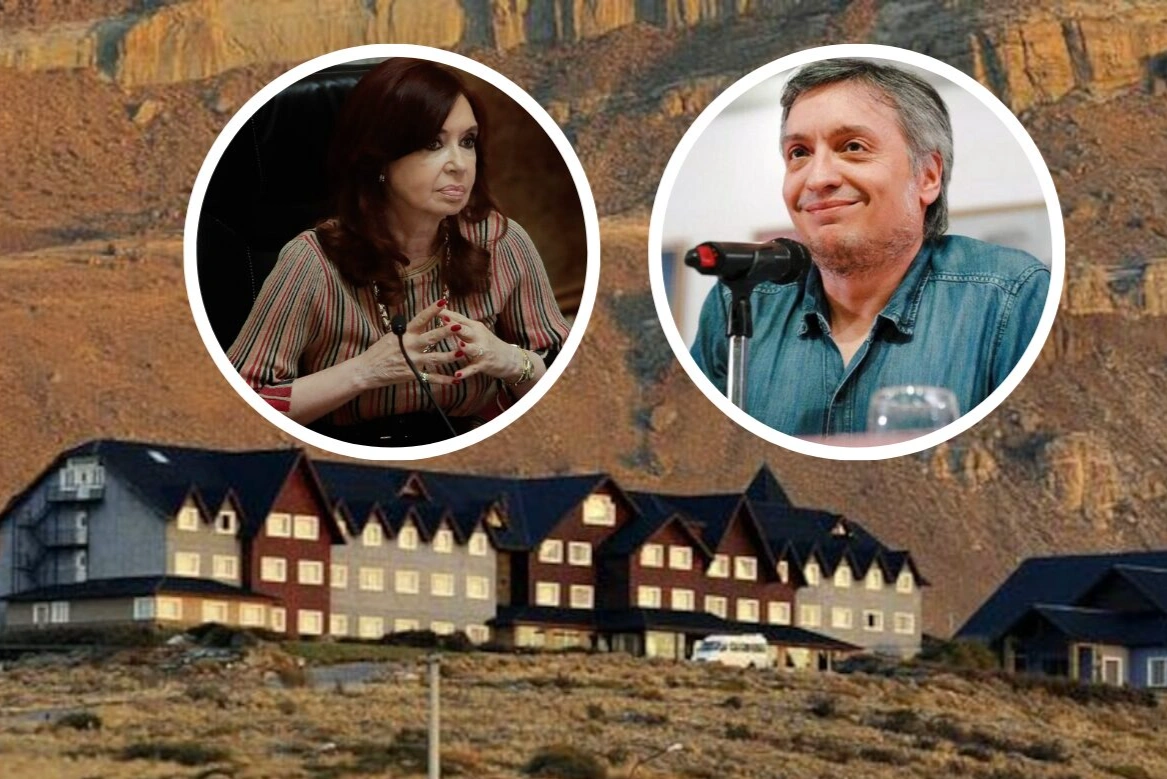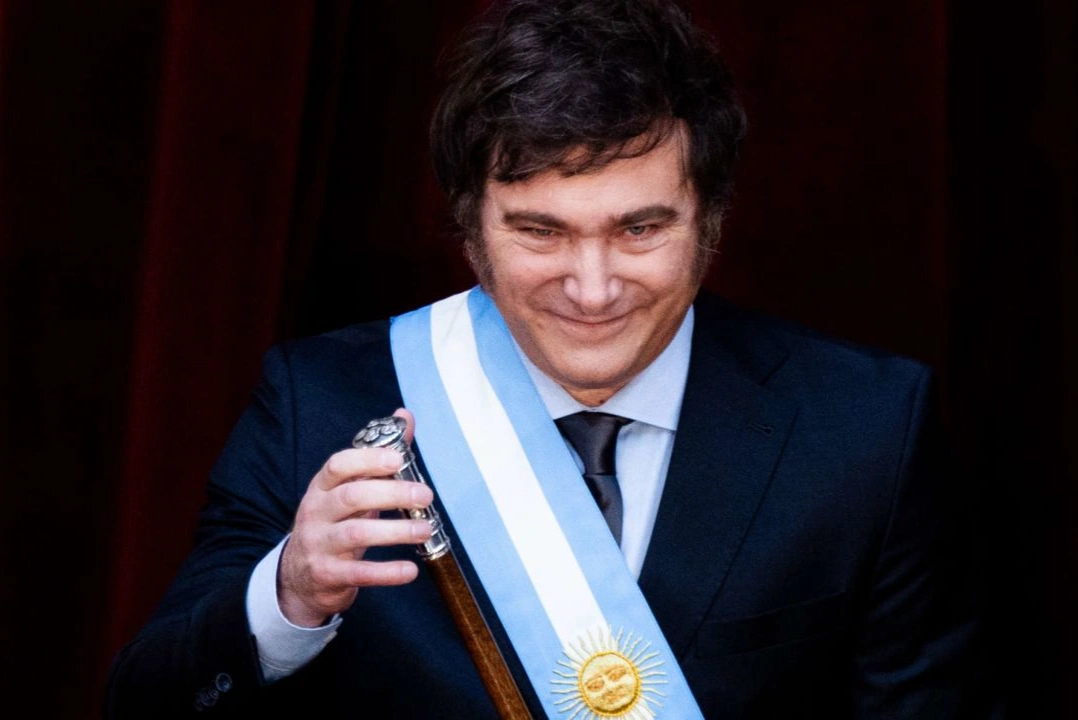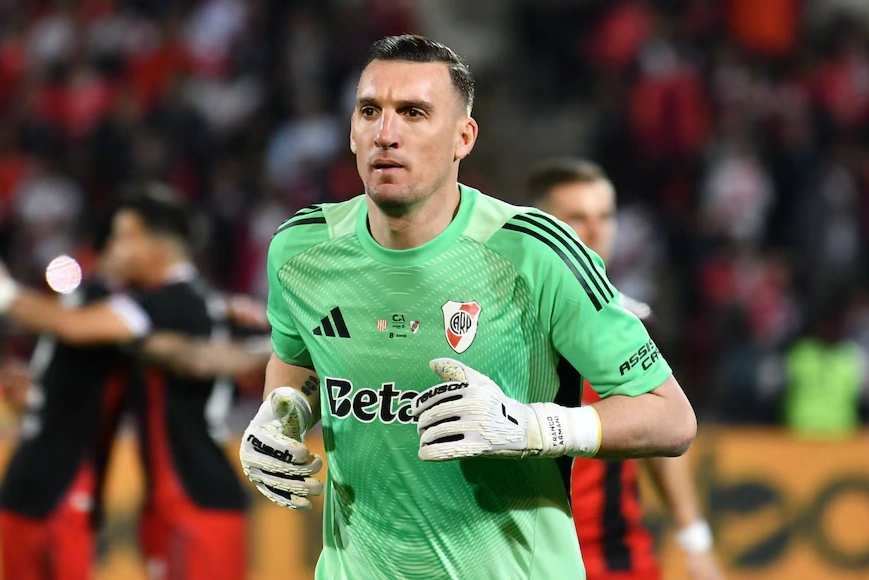Meanwhile, the province of Buenos Aires is grappling with alarming indicators of insecurity and institutional deterioration, the ultra-Kirchnerist governor Axel Kicillof prioritizes the consolidation of his own political space. Far from addressing the critical structural situation affecting millions of Buenos Aires residents, the leader is betting on a massive launch of his internal organization, the "Movement for the Right to the Future" (MDF), with a central event scheduled for May 24 at the UPCN campsite in the city of La Plata.
The event—planned with obsessive organization by his closest circle—is conceived as a show of strength within the tumultuous Peronist universe. Kicillof himself will lead the closing of the day, which aims to position him against other figures like Sergio Massa and Cristina Fernández de Kirchner, in view of the electoral negotiation in the province.

According to reports, the event's scheme will include ten thematic tents, in a political-academic plenary format, with presentations starting after noon and the main speech before 5 PM. The phrase repeated by his entourage, "organization overcomes time," seems to cruelly contrast with the chaotic present of the provincial government.
Each tent will address a thematic axis with the presence of ministers, officials, and former officials aligned with the governor. Among the highlighted axes are:
Economy and Finance: coordinated by Pablo López (Treasury), Juan Cuattromo (Banco Provincia), Cristian Girard (ARBA), and Roberto Feletti (former Commerce). The debate will revolve around fiscal autonomy and revenue, although in reality, the province continues to face serious difficulties in balancing its accounts.
Production and Labor: led by Augusto Costa, Walter Correa, and Javier Rodríguez. The focus will be on "industrial recovery" and "formal employment," concepts that seem aspirational in the face of a suburban area with growing informality and declining activity.









